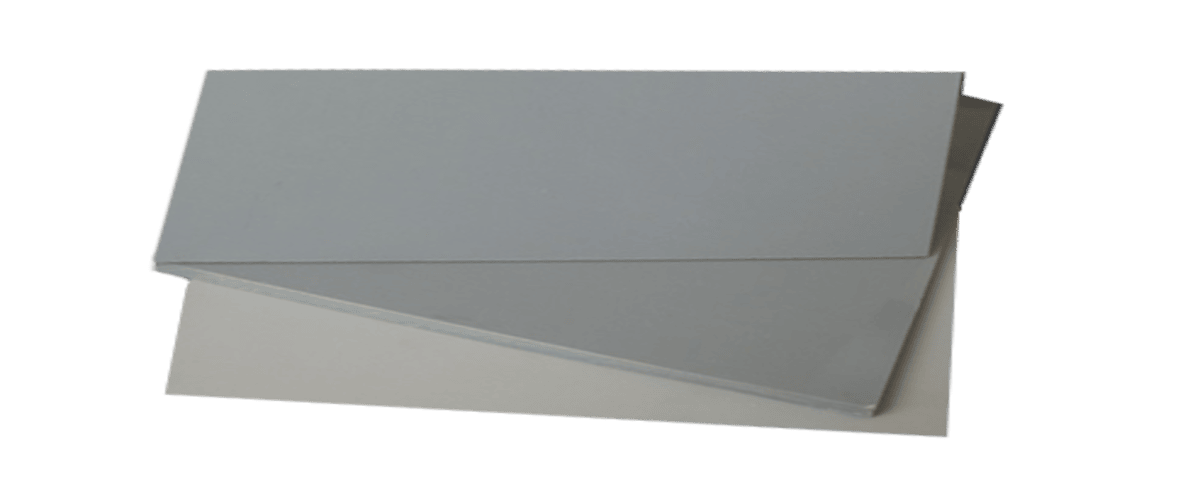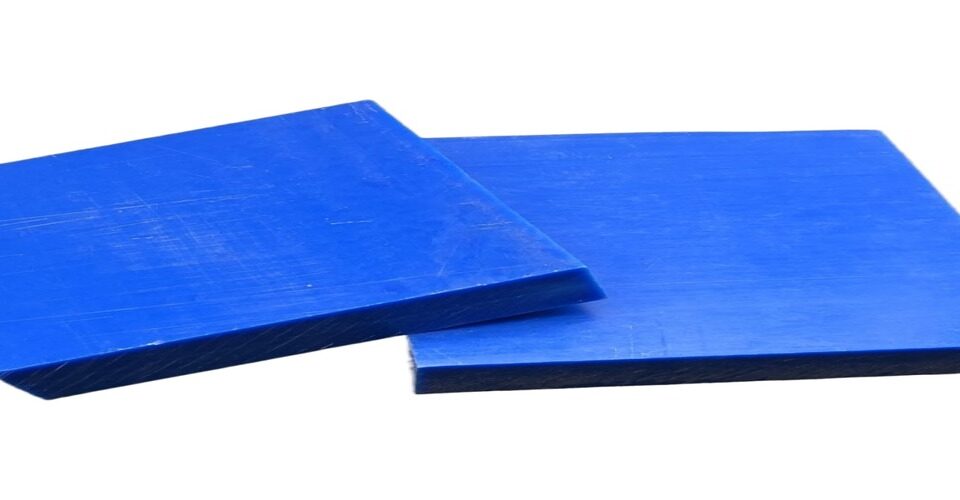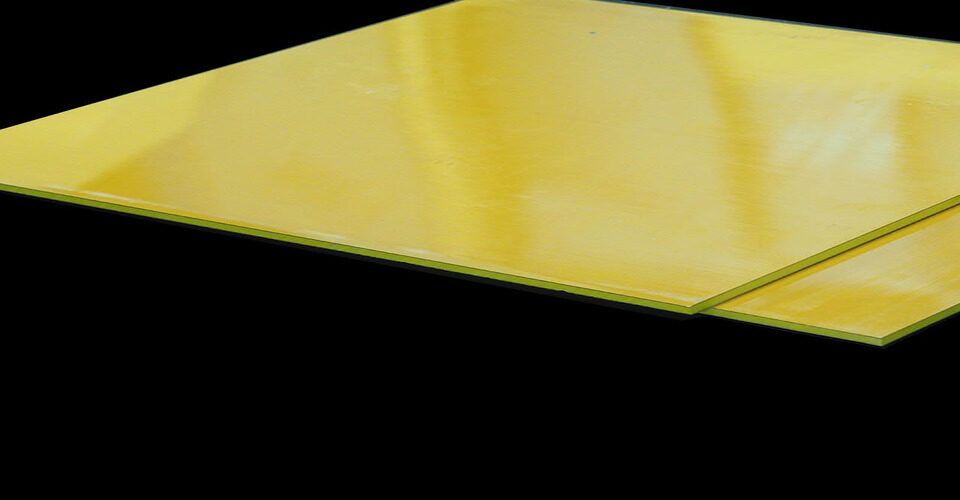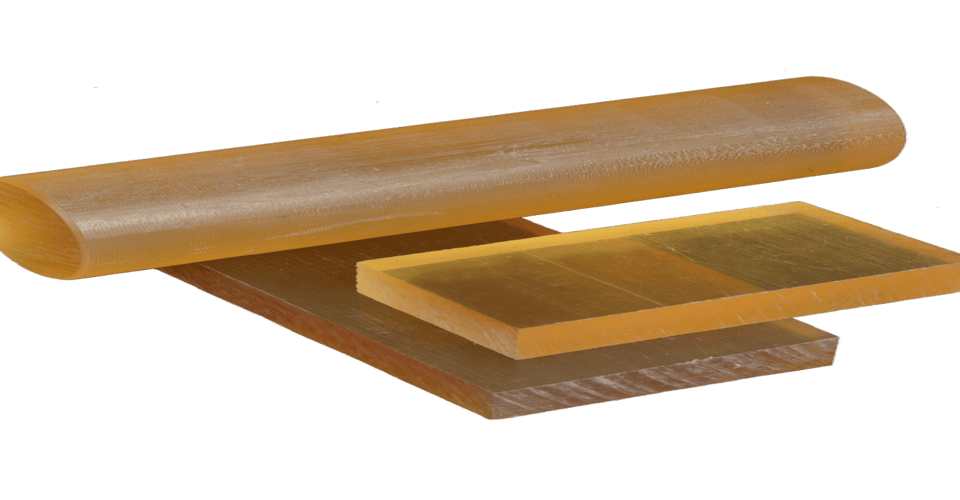
What are the Disadvantages of PVC Plastic?
November 11, 2024
Is PU Plastic Good?
November 12, 2024Polyvinyl chloride (PVC) is one of the most widely used plastics due to its durability, versatility, and low cost. Many people wonder if PVC plastic is water resistant, given its extensive use in plumbing, construction, and various consumer products.
Water Resistance of PVC Plastic
Yes, PVC plastic is water resistant. Its structure makes it impermeable to water, which is why it is commonly used in water-related applications. PVC does not absorb water, and when exposed to moisture, it maintains its integrity without swelling or degrading. This property makes it an ideal material for pipes, waterproof coatings, and outdoor furniture.
PVC in Plumbing and Construction
In plumbing, PVC pipes are often used to transport water because they can withstand exposure to moisture and do not corrode like metal pipes. Similarly, in construction, PVC is employed for waterproof barriers, roofing, and window profiles due to its ability to resist water damage.

Limitations of PVC’s Water Resistance
While PVC is water resistant, it is important to note that it is not entirely impervious to all forms of water exposure. Extreme conditions, such as prolonged exposure to high temperatures or UV rays, can degrade PVC over time. Additionally, PVC can become brittle and crack under extreme pressure or freezing temperatures.
Conclusion
PVC plastic is highly water resistant, making it a popular choice for many water-related applications. However, like all materials, its durability and resistance can be affected by external conditions, so proper care and maintenance are necessary for optimal performance.






